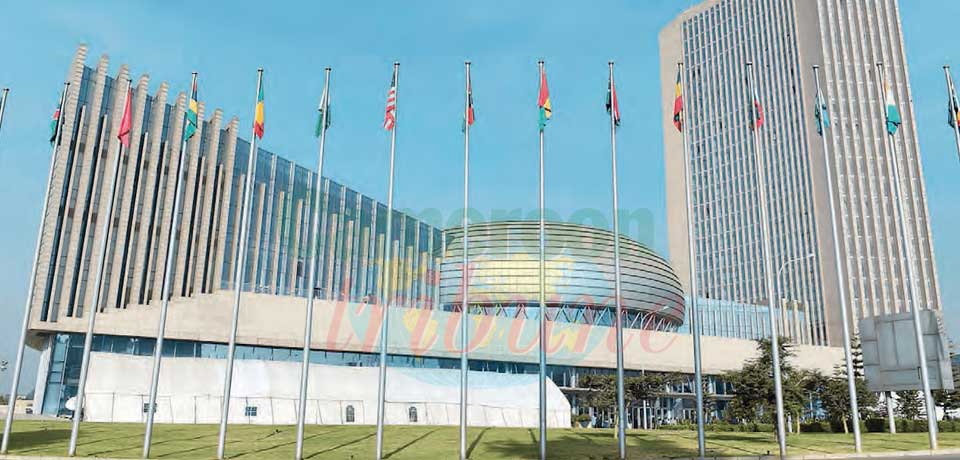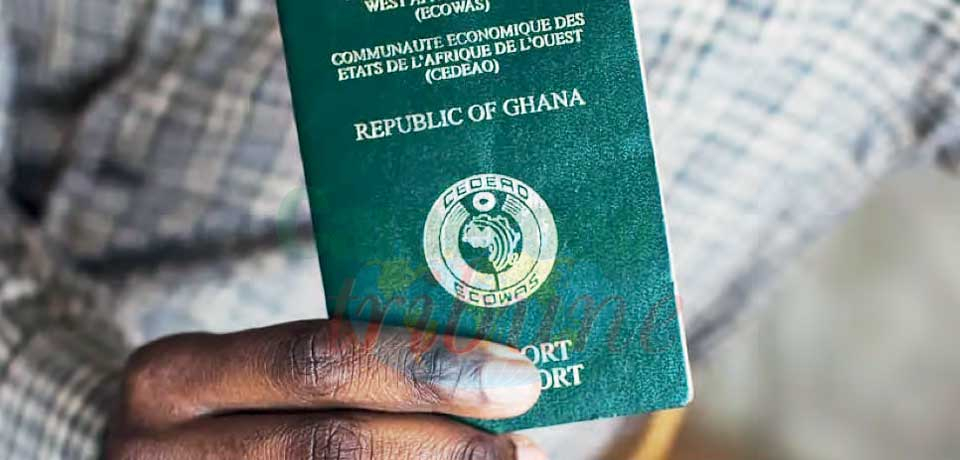Africa Union : Twenty Years After
- Par Eldickson Agbortogo
- 20 Jul 2022 13:25
- 0 Likes

Despite the different challenges, the institution has left no stone unturned in order to achieve the goals set by its founding fathers.
It is now twenty years since the African Union (AU), replaced the Organization for African Unity (OAU) that was established in 1963, by a cross section of Africa’s visionary leaders. The revamp institution that saw the light of day in 2002, got off on the right note with important initiatives and developments announced. The AU Climate Change and Resilient Development Strategy and Action Plan for 2022–2023 was unveiled. The Africa Centre for Disease Control and Prevention was elevated from a specialized technical institution to a public health agency. And a permanent AU mission was established in Beijing to strengthen commercial, economic, and cultural ties with China, which is Africa’s largest trading partner.
Unlike its predecessor, it did not hesitate to send in forces assembled from its member states’ militaries to resolve civil wars and other conflicts. Its first notable intervention was in 2004, when AU troops went into Sudan to stop the genocide in Darfur perhaps the first time in Africa’s modern history that a regional force had stopped a civil war. It followed up with another mission to end jihadist violence in Somalia. Its robust policy against coups also meant that, after a long time, Africa was almost entirely free of any transfer of power through force.
Thus, in its early years, the AU did manage to bring a semblance of peace and calm to the continent, which allowed leaders to focus on other challenges, notably economic development, health and climate change. One of the AU’s most notable achievements was the African Continental Free Trade Area, which came into effect in 2021 and envisages the formation of the world’s largest free trade area, encompassing 1.2 billion people in 55 countries. It was inspired by the EU model, and African leaders rightly hope that allowing free movement of goods, services and people across national borders will ramp up their economic growth and collective might.
But despite the peaceful pace set by the founding fathers, the institution is marred by divisions. Most leaders and countries are still unable to put their history behind them when it comes to decision making. Between 2021 and 2022, there were at least five coups d’états in Burkina Faso, Chad, Guinea, Mali, and Sudan. The socio-economic and political factors behind these various coups were diverse and complex. For instance, while there were crowds supportive of the military takeover in the Malian capital of Bamako due to...
Cet article complet est réservé aux abonnés
Déjà abonné ? Identifiez-vous >
Accédez en illimité à Cameroon Tribune Digital à partir de 26250 FCFA
Je M'abonne1 minute suffit pour vous abonner à Cameroon Tribune Digital !
- Votre numéro spécial cameroon-tribune en version numérique
- Des encarts
- Des appels d'offres exclusives
- D'avant-première (accès 24h avant la publication)
- Des éditions consultables sur tous supports (smartphone, tablettes, PC)














Commentaires